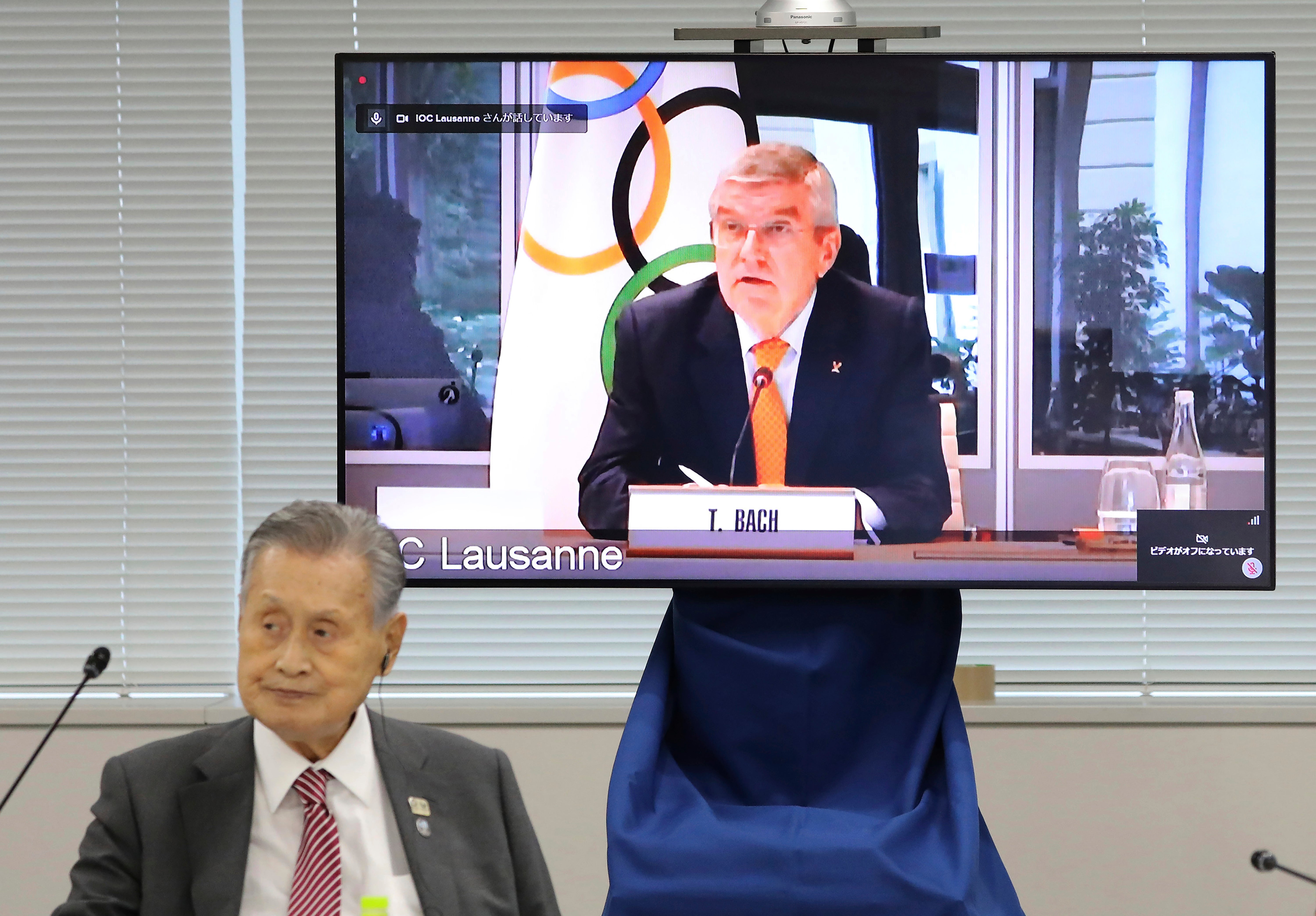Tokyo Olympics say they found savings even as costs rise
Tokyo Olympic organizers estimate they have found savings of about $280 million by simplifying and cutting some frills from next year's postponed games

Tokyo Olympic organizers estimate they have found cost-savings of about $280 million by simplifying and cutting some frills from next year’s postponed games.
The report came as the International Olympic Committee executive board met on-line with officials in Japan on Wednesday.
The savings represent about 2% of the official Tokyo Olympic budget of $12.6 billion.
The meter is running even as organizers talk about cuts which are hard to find because spending on large items like expensive venues has already been completed.
Gakuji Ito, the chief financial officer of the Tokyo Olympics, acknowledged the cost-savings figure was only an estimate.
“How we calculated the cost reductions is something that is unprecedented and it is an initiative no one has every experienced,” Ito said, speaking in Japanese. "From an administrative perspective, we struggled hard.”
About 50 proposed cuts were listed on a detailed document from the organizers. Among them were: changes in equipment and re-configuring venues; fewer decorative banners; a 10-15% reduction in “stakeholders” delegation sizes; fewer shuttle buses; reduction in hospitality areas; suspension in production of mascot costumes; and cancellation of official team welcome ceremonies.
No cuts are planned for the number of sports or the number of competitors.
Also largely untouched will be the opening and closing ceremonies, the heavily sponsored 121-day torch relay, and competition areas that will be seen on television broadcasts.
Even as organizers talk of finding cost reductions, they are unable to give a figure for the overall cost of postponement. Some estimates suggest it could be several billion dollars.
“We apologize, but we believe it would be misleading to announce the additional costs,” Ito said when asked, adding he hoped to “give some type of information" on this by the end of the year.
There is also no public estimate for the cost of controlling COVID-19 in order for 15,400 Olympic and Paralympic athletes to safely compete in Japan. The measures will also have to extend to thousands of staff members, officials and fans — if they are permitted to attend.
Most of the bills for the Tokyo Olympics and the postponement fall on Japanese taxpayers.
About $5.6 billion in the Tokyo Olympic budget is private money, and about $1.3 billion of that comes from the IOC. The IOC has also said it will chip in $650 million to defray the cost of postponement.
The rest of the spending — at least 60% and possibly more — is from the national government, the Tokyo metro government and several prefectures.
Japan has reported about 1,600 deaths from COVID-19 and has had strict entry rules in place for citizens from 159 countries.
___
More AP sports: https://apnews.com/apf-sports and https://twitter.com/AP_Sports